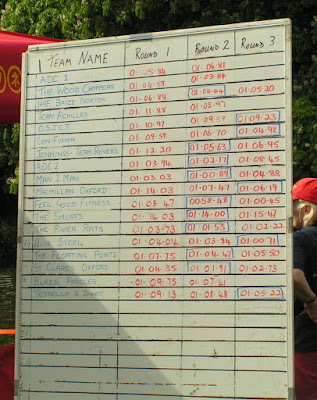#2417: shake hands with Richard Dawkins.
Whereas he probably woke up fully expecting to shake hands with a lot of instantly forgettable people he will never see again, and I’d guess he wasn’t disappointed.
The great man came to work to use our videoconference suite to talk to the Royal Society of New Zealand, as part of the Auckland Writers & Readers Festival, on the theory of evolution today, 150 years after publication of On the Origin of Species. Apparently it went well. He at least had read the briefing notes about not wearing stripes or strong colours (both no-nos as far as good videoconferencing is concerned). The New Zealand host was wearing a black jacket and striped shirt, but hey, he’s not the one the kiwis came out to listen to.
RD had also agreed to answer questions and I got a look at some of the ones sent in advance. Do you think there’s a faith gene; why do Darwin’s theories suggest a progression from simplicity to complexity when the tendency in the universe as a whole is towards entropy; and “If the phenotype is the chicken and DNA is the egg, why do you insist that the egg is more important?” And my favourite: “Is it possible for you to come to New Zealand and hold a debate with [redacted], (Head of [redacted] Church, Has a huge Maori/Pacific Island following, political power openly hates homosexuality and advocates strict adherence to fundamentalist biblical morality) and [redacted], who argues that evolutionary theory is being used as fodder, for a secular campaign against Christianity?”
Let me see. Guessing … no.




